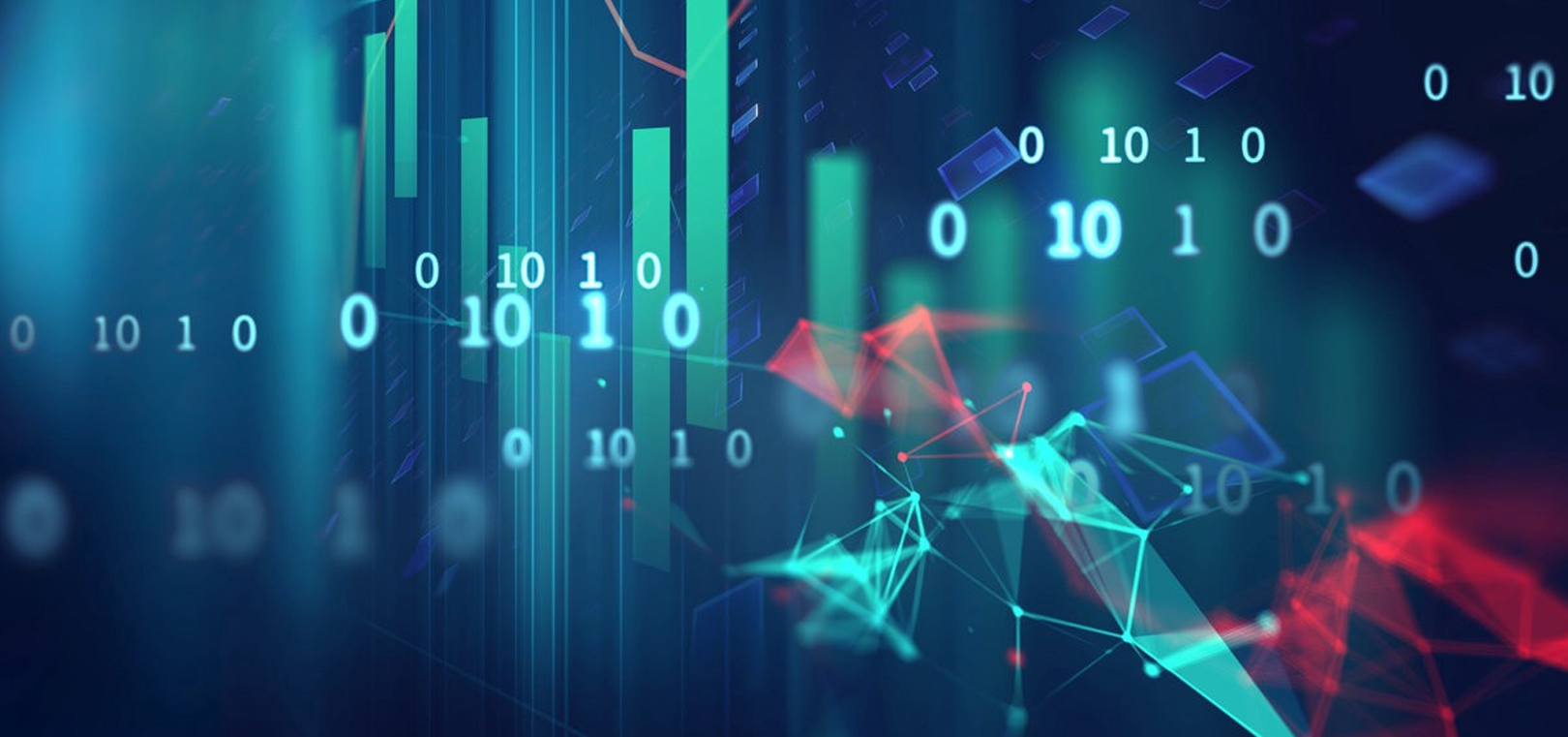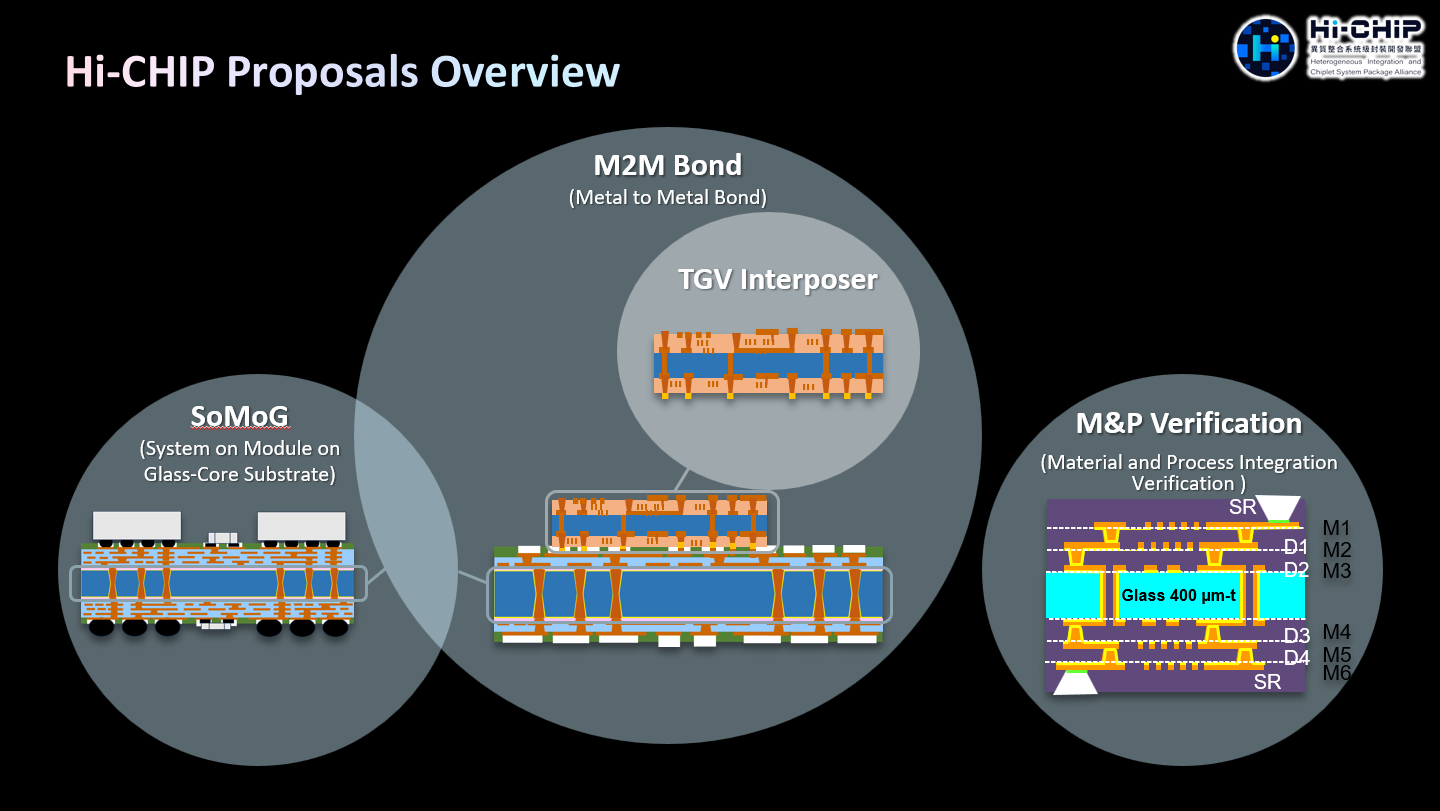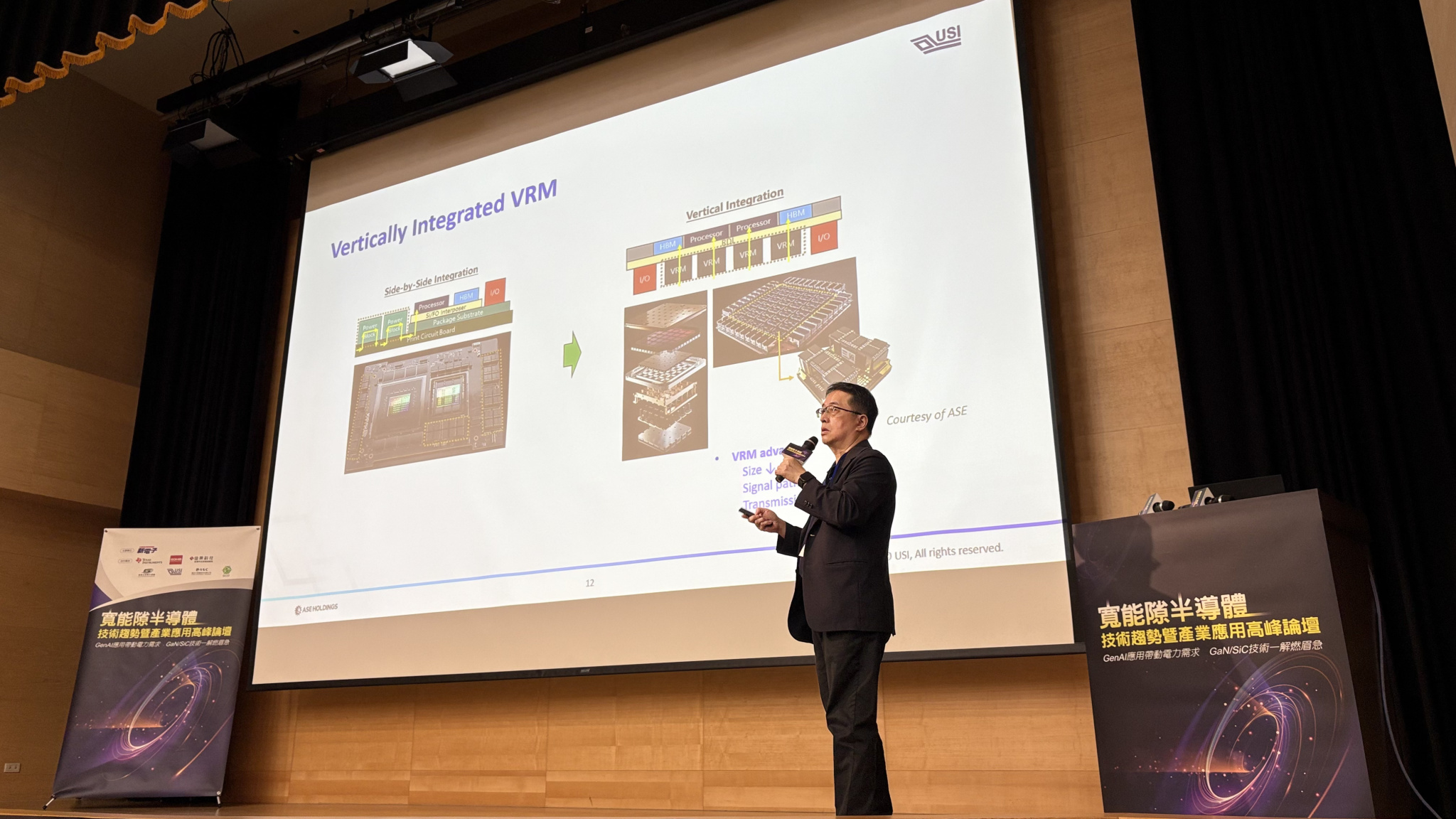Search
- 05/10/2021
The Next Big Thing in Data Processing
Suppose you're into anything related to data. In that case, you must be familiar with the terms data processing, automatic data processing, automatic data processing system, automated data processing, electronic data processing software, big data processing, real-time data processing, etc., yet not have a clear-cut picture of the terms mentioned above. So what are these exactly? Hold firmly onto your seats while we dive into the multi-faceted world of data processing.
What is Data Processing?
The term data processing consists of multiple series of steps where raw data (input) is fed into a process (CPU) to produce actionable insights (output such as graphs, documents, etc.). Thus, data processing is nothing but the manipulation of data available by a computer. Data processing also includes the flow of data and conversion of raw data to machine-readable form via the Central Processing Unit (CPU) and memory to output devices, and formatting or transformation of output. The use of computers and their various parts to perform defined operations on data can be included in the multi-faceted world of data processing. In the commercial or business world, data processing popularly refers to the processing of various sort of data that is required to run organizations and businesses in their respective dynamic industries. Data Processing also refers to a different department within the organization itself, which is responsible for the operation of data processing applications.
Why does Data Processing matter?
Eventually, the forthcoming course of action of data processing lies in cloud technology. Cloud Technology not only enhances the speed, accuracy, efficiency, and effectiveness of the entire process but also majorly constructs the convenience of present electronic data processing techniques and methods. More data for organizations to utilize along with much more valuable data to extract are some of the benefits faster and higher-quality accurate data provides. As big data processing shows a tendency to use cloud technology more soon, many organizations have come to realize the benefits it has to offer. A system that is easily adaptable and accessible to all platforms of a company is something big data processing allows, along with software updates and changes to seamlessly integrate the new with the old without causing much inconvenience. Cloud platforms are not only flexible but also inexpensive, so they can reap major benefits for both small companies and large corporations without a hefty price tag.
Data processing involves multiple functions which enhances convenience and ease of access to data in the following way:
- Classification – Separation of the available data into multiple categories.
- Validation – Ensuring that available and supplied data is correct and relevant to the cause.
- Aggregation – Combining multiple pieces of data from all the available sources.
- Sorting – Arranging items in the available data in a specific way or manner for ease of access and convenience.
- Analysis – The collection, organization, analysis, interpretation, and presentation of the available data in a machine-readable form.
- Summarization – Reducing detailed and lengthy data to its main point for ease of access during times of need.
- Reporting - Computed information or a list of details or summary data.
- Data processing is generally performed by a data scientist or a team of data scientists, and it is important for data processing to be done correctly while selecting out only the relevant and useful data as not to negatively affect the end product or data output.
Which industries apply Data Processing the most?
When new and updated technology becomes cheaper and easier to access, they have the potential to transform industries, and hence Data Processing is used by the following industries the most:
- Transportation - Governments of multiple countries use data processing to control traffic effectively and efficiently.
- Sports - In premier league games of any sport, cameras are installed around every corner of the stadium to track the movement of every single player with the help of pattern recognizing software and tools generating over 25 data points per player every second.
- Wholesale and Retail Trade - The wholesale and retail trade has collected huge amounts of data using RFID, POS scanners, store inventory, customer loyalty cards, local demographics, etc., which in turn helps enhance customer experience.
- Hospitality - Luxury and hotel-related industries have embraced data processing to understand the secret behind customer satisfaction.
- Entertainment, Media, and Communication - Spotify, the on-demand music service makes use of Hadoop data processing to collect information and data from its millions of users around the globe to enhance usability and user experience.
- Public Sector Services and Government - Data Processing helped multiple cities around the globe with data collection, analysis, and IoT, which in turn combines uninterrupted public sector services and utilities covering every inch of the city providing continuous and uninterrupted services.
- Securities and Banking Services - Securities Exchange Commission (SEC) has made use of data processing to analyze, track, and detect the movements of financial markets. Even Banks make use of data processing for sentiment analysis, decision-support monitoring, predictive analysis, etc.
- Energy - Extracting gas and oil is a costly affair, and the always turbulent global political scene adds up to the difficulty of extracting it. The energy industry has been using data processing for a while now to substantially bring down the cost of drilling out oil.
- Education - The education and related industries generate a huge amount of data via learning methodologies and courseware. Important insights along with data processing help identifying better teaching strategies, highlight weak areas of the students, and positively transform how education is delivered to students in general.
- Farming and Agriculture - Though farming and agriculture is a traditional industry yet it has efficiently and effectively embraced AI solutions. Data Processing practices have been adopted by many farmers, which in turn made data-enabled services possible that have turned out to be beneficial to farmers because of real-time monitoring of data collected and analyzed because of it being collected from millions of users around the globe.
Automatic Data Processing or ADP, Inc. is the provider of human resources management software services which was originally found in America. Automatic Data Processing is an all-inclusive global provider of cloud-based human capital management (HCM) solutions that unite payroll, talent, tax, and benefits administration, and a leader in business outsourcing services, analytics and compliance expertise, time, and last but not the least and certainly one of the most important aspects that are HR. Automated Data Processing Systems refers to the creation and successful implementation of technology that automatically processes data without human interference, and this technology includes computers, sensors, other communications electronics that can gather, store, manipulate, prepare and distribute data, etc. Whereas, Automatic Data Processing System or ADP System or ADPS refers to a system of multiple interconnected computers and sensors that are associated or related with common software and common storage.
What is Electronic Data Processing?
Electronic Data Processing is nothing but the synonym of IS (Information Services or Systems) and MIS (Management Information Systems or Services). Electronic Processing Data not only means the processing of commercial data and storing them as documents but also includes transferring information from paper into digital format with the use of a computer involving electronic communication. Electronic Data Processing makes effective and efficient use of computers and various other forms of electronic communication to collect, manipulate, record, classify, and summarize data. Electronic Data Processing thus can be defined as the processing of data using electronic communication methods like computers, calculators, servers, and other similar electronic data processing equipment. Electronic Data Processing refers to a process comprising of 3 steps such as:
- Input – The available data is entered into the computer through input devices such as keyboard, mouse, scanner, digitizer, etc.
- Processing – The data entered and available is manipulated via software programs for convenience which include formula, code application, translation, and encryption, etc.
- Output – The data which has been processed already is made available to the user in multiple forms such as reports, video, audio, graphs, documents, etc.
What is Big Data Processing?
Big Data Processing refers to a set of programming models or techniques which enables the ease of access to large-scale data to extract useful information for supporting and providing decisions. Big Data Processing highlights "scaling" from the very beginning of the available data, which means that whenever the volume of the data available increases, the time of processing should still be within the expectation given the available hardware.
What is Real-Time Data Processing?
Three points that you should choose USI
USI provides the server products which cover from the Data center to edge applications to fulfill the diverse data proceeding demands. Furthermore, USI also provides the all-flash array product for expanding the server data storage capacity as option. Here is the reason why you should choose USI.
- Reliable components. USI used highly accurate components for hardware production.
- Build quality. Be reliable is the first thing for the server and all-flash array product, USI pays attention to the quality of the case and the fixation of components.
- Service. USI has 27 manufacturing facilities worldwide, we can provide manufacturing service close to your location.
Keep up with top trending topic
For the latest innovation technology, application
and industry insight.
Subscribe Our Blog
For the latest innovation technology, application
and industry insight.














